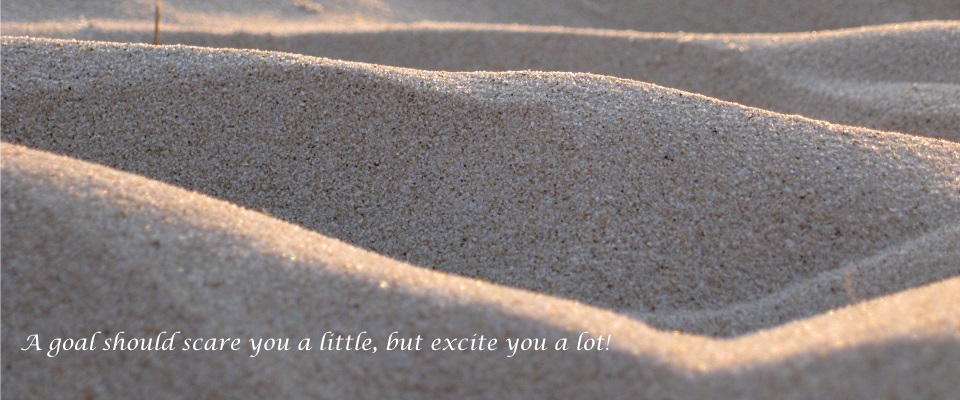Hello Readers,
Cleanliness is indeed next to Godliness and you never know what you have until you clean your home and discover what has been lurking in the dark, neglected shadows of your living space. Clean out a corner of your mind and creativity will instantly fill it. Cleanliness refers not only to the way we tend our hygiene, but also the care we take to maintain and cherish all aspects of our lives, inner and outer. Cleanliness is often a daily ritual in the home, the office and the soul of setting things to right, whether they are dishes, housework, paperwork or our conscience. It often indicates to us purging ourselves of the clutter and other impediments that prevent us from moving forwards with our work, social and personal life. The act of being cleanly does not necessarily refer us to being spotless, but the act of moving through the day making choices that all contribute to the increase of our well-being and functionality of ourselves and those around us. Negligence of personal hygiene can subject a person to infections and diseases and in many cultures poor hygiene is seen as an objectionable offence. Neatness and cleanliness is not an indication of how rich or poor a person is, but rather an illustration of their mental and emotional state. Living in filth is like living in a dark room so let your home and your living and working space be a heavenly paradise.
Numerous ancient cultures were united in the belief that the spiritual energy of water was connected to the divine forces of creation, which is why water is still used so much today in religious ceremonies. Not only that, our bodies are made up of seventy percent water and without it we would not survive and many pagans believe water is the fountain of youth and all giving life. It’s impossible to say who the first ancient civilisation to bathe was, but it’s possible it was probably the ancient Egyptians. Egypt was one of the most leading civilisations in the cosmetic trade and hot baths perfumed with essential oils was highly regarded as an absolute necessity amongst its people. It’s recorded that they were prolific bathers, spending hours on end bathing and then smothering their bodies with nourishing perfumed oils as they also believed it kept illness and disease away. Various blends of perfumed oils were produced by the priests who spent long periods of time creating perfumes for rituals, worship and medicinal purposes. According to history these ancient Egyptians bathed in their own home in a separate room and used perfumed cream made from oil and lime amongst other precious ingredients. Washing before praying was a custom of the ancient Greeks and bathing for the Greeks was a social event. Individual hip baths were placed around a main pool where people would chat, play dice and enjoy a drink and a meal. They also had various rooms for cold and hot baths and these were similar to the famous Romans baths. However these were only for the use of the rich, poor people had to use the local well! Turkish baths were placed at mineral springs and were magnificently made from marble, decorated with beautiful carvings. A typical Turkish bath consists of three rooms, one with a steaming hot bath, a warm room for washing one’s self with soap and water, and a cooler room for relaxation and rest. The Turkish bath was enjoyed by the rich and the poor and is still very popular today both at home and where available in various Spas. It’s interesting to note in the middle of the nineteenth century, a Victorian version of the Turkish bath was created, however, it was more like a sauna than a stream room. These Turkish Baths quickly became popular and hundreds of Victorian baths opened all over Great Britain giving even greater popularity to famous Spa towns up and down the country. In the late Middle Ages, people stopped taking frequent baths because bath and wash houses were closed down because they were seen as places where romantic affairs and clandestine meetings and dangerous liaisons were held, so it’s not at all surprising that foreign visitors found the lack of hygiene quite disgusting. During this time people actually believed it was enough to have their bed linen and their clothes to absorb their dirt and sweat. They believed they masked their smelly bodies by applying perfume and cologne to their unwashed bodies.
Wealthy Georgians frequently travelled to mineral spa towns such as Bath, Leamington Spa and Matlock Bath, for example, to both drink and immerse themselves in the healing waters. Here they were able to pamper themselves with various beauty treatments available at that time. For the average person, dirt was a sign of their trade and class. Blacksmiths, leather tanners, chimney sweeps and most of the public lived most of their lives filthy and unwashed. Although they would have smelt dreadful their own odour would go undetected because everyone would have smelt the same and they didn’t know any different.
You will always have to live with yourself, so it’s better to keep yourself clean and bright because you are the window through which you must see the world and if you go long enough without a bath, even the fleas will leave you alone.
Until next week
Love and Light,
Linda and The Lulas xxx








